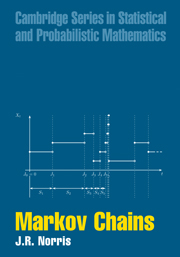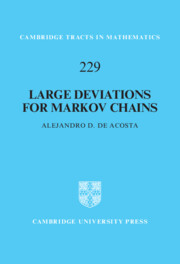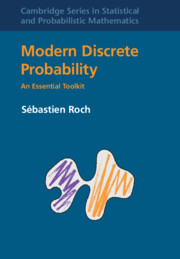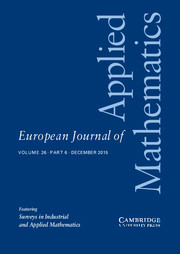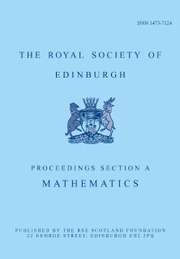Topics in the Constructive Theory of Countable Markov Chains
Markov chains are an important idea, related to random walks, which crops up widely in applied stochastic analysis. They are used, for example, in performance modelling and evaluation of computer networks, queuing networks, and telecommunication systems. The main point of the present book is to provide methods, based on the construction of Lyapunov functions, of determining when a Markov chain is ergodic, null recurrent, or transient. These methods can also be extended to the study of questions of stability. Of particular concern are reflected random walks and reflected Brownian motion. The authors provide not only a self-contained introduction to the theory but also details of how the required Lyapunov functions are constructed in various situations.
- Original research, first time of publication
- Lots of interest in subject matter
- Of interest to researchers in applied mathematics, statistics, probability
Reviews & endorsements
Review of the hardback: 'The monograph is an excellent piece of work that gives an original and alternative view on countable Markov chains.' Mededelingen van het Wiskundig Genootschap
Product details
June 2008Paperback
9780521064477
180 pages
229 × 152 × 11 mm
0.27kg
17 b/w illus.
Available
Table of Contents
- Introduction and history
- 1. Preliminaries
- 2. General criteria
- 3. Explicit construction of Lyapunov functions
- 4. Ideology of induced chains
- 5. Random walks in two dimensional complexes
- 6. Stability
- 7. Exponential convergence and analyticity for ergodic Markov chains
- Bibliography.


